As many of you may know, reading is one of my passions in life. Earlier this year I blissfully added another title to my ever-growing, eclectic list of favorite books — The Geography of Bliss: One Grump’s Search for the Happiest Place in the World.
In this funny travel memoir, Eric Weiner, veteran NPR foreign correspondent (and self-proclaimed grump), travels the globe intent on finding the happiest places on earth and discovering what makes them that way.
Using both the wisdom of ancient philosophers as well as the modern “science of happiness” to guide him, he spends a year journeying around the world. Starting in The Netherlands, Weiner tracks down Ruut Veenhoven, the proprietor of the World Database of Happiness and the godfather of happiness research. From there he ventures to Switzerland, Bhutan, Qatar, Iceland, Moldova, Thailand, Great Britain, India and back to the United States.
The Geography of Bliss is not only a fascinating travel memoir, but a funny exploration of the science, psychology, and geopolitics of happiness. It also offers a provocative perspective on what happiness is — and isn’t — and where we might find it.
Wiener raises such questions as:
“What if you lived in a country that was fabulously wealthy and no one paid taxes? What if you lived in a country where failure is an option? What if you lived in a country so democratic that you voted seven times a year? What if you lived in a country where excessive thinking is discouraged? Would you be happy then?”
Kirkus Reviews says, “…this wise, witty ramble reads like Paul Theroux channeling David Sedaris on a particularly good day.
As I romped through Weiner’s book, I couldn’t help but think about all the places Jeffrey has traveled in the world, wondering which countries he might think are the happiest.
While Jeffrey doesn’t have data from the World Database of Happiness to back up his conclusions, he was glad to compile a list of some of the happiest places he’s been to in the world. His findings are based purely on personal experience.
__________
Jeffrey’s Top Five Happiest Places in the World
1) Bhutan: Perhaps it’s Bhutan’s way of measuring its well-being–Gross National Happiness instead of Gross National Product–or perhaps it’s because Bhutan is a country mostly inhabited by devout Buddhists, but this Himalayan mountain kingdom is steeped in happiness. After working on assignment in Bhutan several times over the past two decades, Jeffrey, like Eric Weiner, ranks it as one of the happiest places on earth. “People seem content without possessions in this remote, landlocked country and find solitude away from the bright lights of nearby bustling civilizations,” Jeffrey says.
2) Thailand: Weiner explains that Thailand is one of the happiest places in the world because its residents are taught not to over-think things. While most Americans agonize over every detail of life, Thais are much more relaxed. Jeffrey has been to Thailand too many times to count, and sees the Thais as “Content, confident, and strong people who have a relaxed approach to life.” He reminded me that Thailand is the only Southeast Asian country that has never been colonized. Perhaps their independence has contributed to their inner happiness?
3) Ireland: It could be the melodic lilt of the Irish accent, or the ease with which Irish people smile, or perhaps how they genuinely enjoy helping others–whatever the case, the Emerald Isle ranks high on Jeffrey’s list of happy places. Let’s not forget the Guinness!
4) Micronesia: This island chain dotting the Pacific Ocean just north of the Equator is home to people who enjoy a slow, simple life, warm weather, bountiful food, and a classic island lifestyle still devoid of hordes of tourists. No traffic jams, no deadlines…just happy, mellow people.
5) Australia: Jeffrey has worked Down Under multiple times and each time he has been met with happy, active, and laid-back Aussies–particularly in Tasmania. “There seem to be few worries in Australia,” Jeffrey comments.
In The Geography of Bliss, Weiner visits Moldova, which according to his research, is the unhappiest place on earth. By illustrating what makes Moldovans miserable he reinforces his findings about what makes other people happy–kind of like the Tibetan proverb, “Pain exists to measure pleasure.”
I’m not sure the happiness researchers ever polled people in North Korea though, which is Jeffrey’s number one pick for the unhappiest place on earth.
Here’s a challenge for you. Take a look at the list below which features many of the places Jeffrey has traveled, and see if you can guess which country he considers one of the saddest places in the world, but whose inhabitants are still some of the happiest people he’s ever met.
Antigua, Australia, Austria, Belgium, Bhutan, Burma, Cambodia, Chile, China, Christmas Island, Croatia, Czech Republic, Denmark, East Timor, England, Fiji, Finland, France, Germany, Greece, Hong Kong, Indonesia, Laos, India, Ireland, Italy, Japan, Kenya, Macau, Malaysia, Mali, Marshall Islands, Mexico, Micronesia, Morocco, Nepal, Netherlands, North Korea, Norway, Panama, Papua New Guinea, Peru, Philippines, Poland, Portugal, Russia, Scotland, Singapore, South Africa, South Korea, Spain, Sri Lanka, Sweden, Switzerland, Taiwan, Tanzania, Thailand Tibet, Uzbekistan, Vietnam.
Leave your answer in the comment section and find out the answer on Thursday! Also, I’d love to know YOUR IDEA of the happiest place on earth!


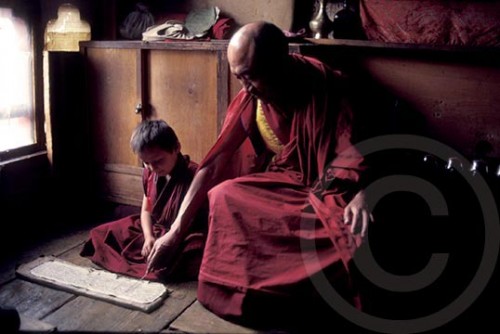
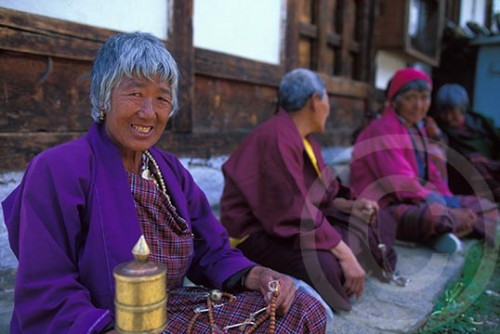
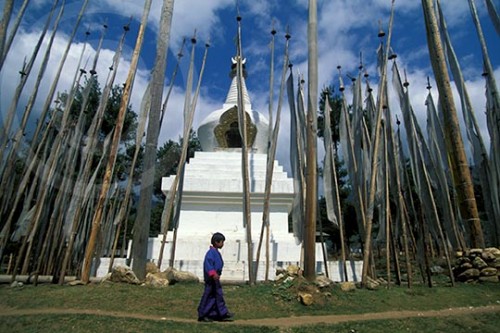
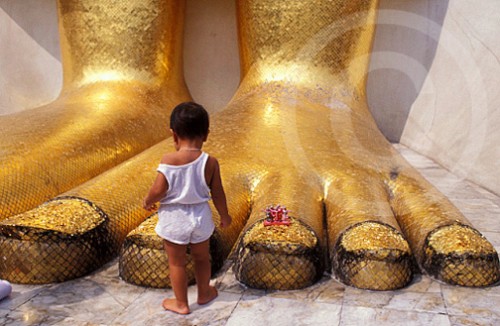
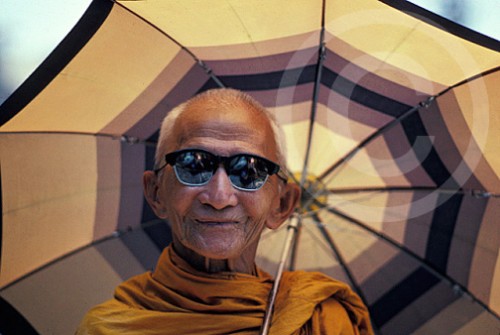
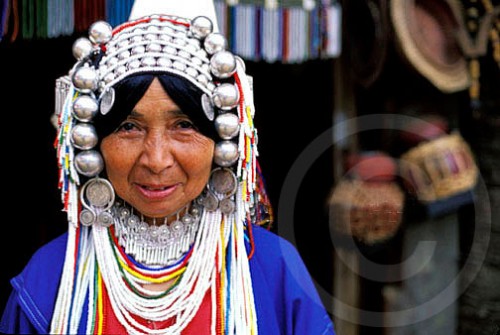
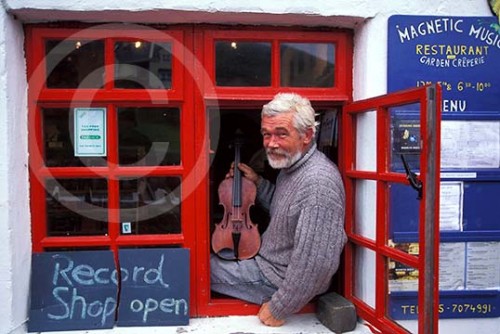
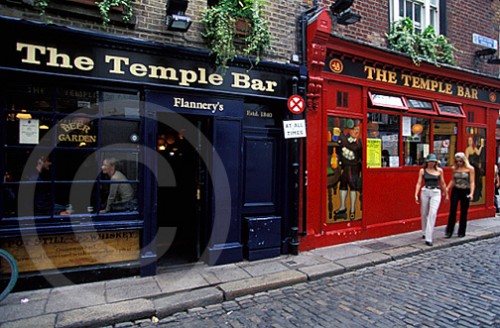
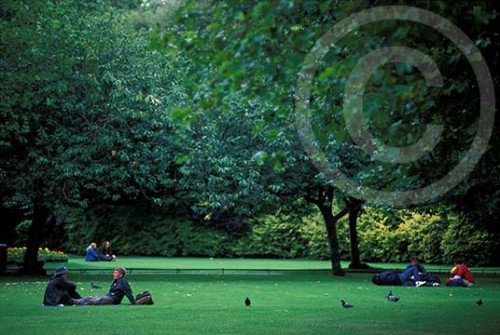


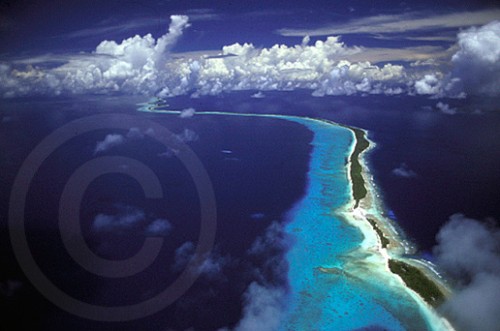
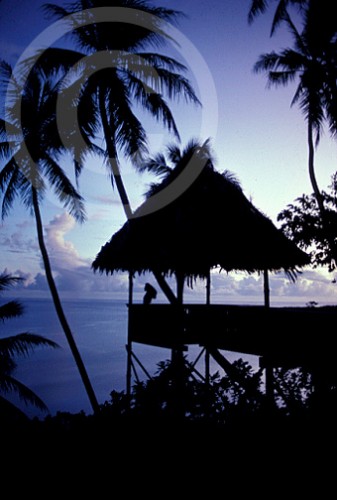
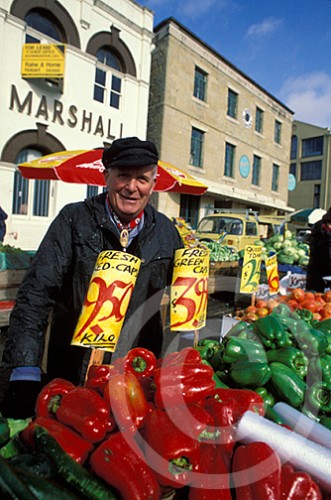

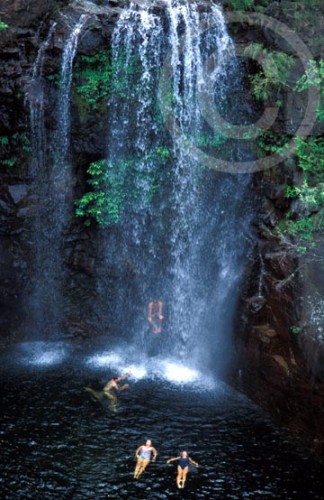


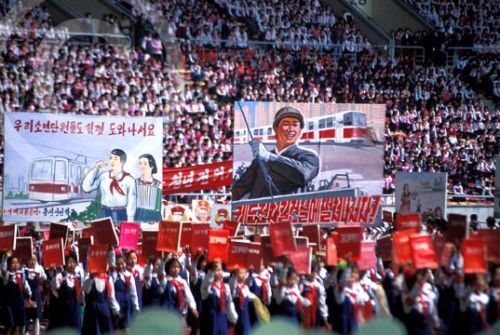
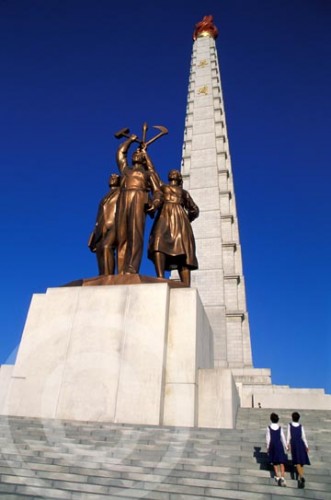
Pingback: The Geography of Bliss | The Art of an Improbable Life | The Study of HAPPINESS | Scoop.it
Hi Becky,
What fabulous photos from Jeffrey!
I would pick Peru as a country plagued by poverty and natural disasters, but the people are resilient and happy with what little they have. At least that was my perspective when Doug and I visited there.
My “eden” would be Ireland.
I’m with you on the “Eden of Ireland.” I love it there. Must be that 1/2 Irish thing in me. You’ll have to wait until tomorrow to find out the answer to the challenge. Thanks for your comment!
Sounds like a very intriguing book. For me and this is only based on the places I have been to, is Germany. I love it there, the people are so friendly, the stores are wonderful and again the people.
Hugs!!
I’ve never been to Germany, but I’ve heard great things about it. Sooooo many travel options, and so little time. Fortunately happiness is less about a location than a “place” within. I’d still like to see Germany though! : -)
Becky I completely agree. If you aren’t happy within and with yourself no matter where you are you won’t be happy.
Hugs!!
One of the happiest places I have been is Costa Rica. It rejuvenated me.
I think the saddest place is – the US of A. No one says excuse me, thank you or I’m sorry. Seems everyone is just trying to survive and the wealthy are the saddest and most miserable of all.
I’d love to go to Costa Rica. I’ve heard nothing but good things about it. Interesting take on America “the beautiful.” Manners and civility are elusive these days, but hopefully there will be a swing in the other direction soon.
Becky, great post, as always. I enjoyed the writing, and the photos are terrific. I haven’t read the book but I will. Thanks for the tip. The unhappiest place on Earth, at least of those I’ve been in, is definitely Russia, although Russians are not happy with it either. Last night I was at a concert by 2 Russian bards, pretty famous in Russia. They come to Vancouver seldom, and it was a great concert, but how much bitterness and pain resides in their hearts. And the happiest place – of course my current homeland, Canada.
Olga, glad you enjoyed the post. I hope you enjoy the book as much as I did. I have not been to Russia, but Jeffrey has some interesting stories from the Perestroika era, which I’ll be sharing those at some point along the way. I’m glad to hear you are happily settled in Canada now! Thanks for taking the time to comment!
I’ve been to a number of these countries, but given the parameters, I would say that Uzbekistan or one of the former USSR countries might be a candidate for this distinction. Places like Tibet are lovely so I couldn’t really call them unhappy. My favorite place is Florence, Italy followed by Annecy, France and Lake Como. Whenever I arrive in Florence, I feel like I’m home and I feel that way in San Francisco too. I can’t wait to read the book, so thanks for the recommendation. I needed something different to read. Great posting.
I love Florence too. That’s where Jeffrey and I went on our honeymoon. I’d love to go back. I hope you enjoy David Weiner’s book as much as I did. Let me know what you think once you’ve read it. I’m curious if you like it as much as I did, especially since you’ve traveled so much. You’ll have to wait until Thursday to find out the answer to the challenge question!
Becky, as always, wonderful writing job. I will read the book. Tell the author to give you a “finder’s fee.” It may be semantics, but I have abandoned the pursuit of happiness and now seek only joy. The difference, as I see it, is that happiness depends on surroundings and circumstances. Whereas, joy, I believe can be generated in any situation nomatter how miserable the circumstances may seem. In my lowest moments, I can trigger joy through memories and through the possiblities that are ahead. I cannot, however, find that elusive thing called happiness. Again, perhaps I’m splitting hairs, but it is how I approach my life.
Harper, I agree with much of what you have to say…Ode to Joy! That is a great approach to life. For me, the word “place” is an important word. The happiest “place” on earth may be sitting at my desk writing or soaking in my bathtub reading a good book. “Place” for me doesn’t have to mean I’m running at Mt. Everest Base Camp or on safari in Africa. “Place” is a state of being. It’s a semantics thing, too, like happiness and joy. Whatever the case, I appreciate you sharing your joyful approach to life.
I love this book. I heard Eric speak at a travel writing conference soon after the book came out, so I could picture him in all these places trying to understand their happiness in his curmudgeonly way. My father-in-law just got back from Bhutan. Can’t wait to hear his stories when we visit at Christmas. He loved it. I still have to get to Ireland and Australia, but I know they’d raise my happiness level. As for your quiz, I haven’t traveled widely enough to be able to answer, but I’d love know Jeffrey’s answer.
I bet it was a hoot to listen to Eric Weiner talk about his book. He has such a distinct voice. I can only imagine what he was like in person. I hope you get to Ireland and Australia. They are definitely happy places (at least in my experiences). And I’m glad your father-in-law enjoyed his trip to Bhutan. I’ve never heard a negative word from people who have ventured there. Find out the answer to the quiz on Thursday.
It ‘s really difficult to answer, but certainly not India. It’s not the saddest place in the world, although Part of India is going through lots of trouble!! But in the whole, India is a wonderful place to be!!
I have never been to India, but the way your describe it, it makes me want to go!
India
Thanks for your guess. Find out on the answer on Thursday.
Nepal, followed by East Timor
You’ll have to wait until Thursday to find out! Thanks for taking the time leave your answer!
Beautiful photos!
Thanks for your kind words. I will pass them on to my husband.